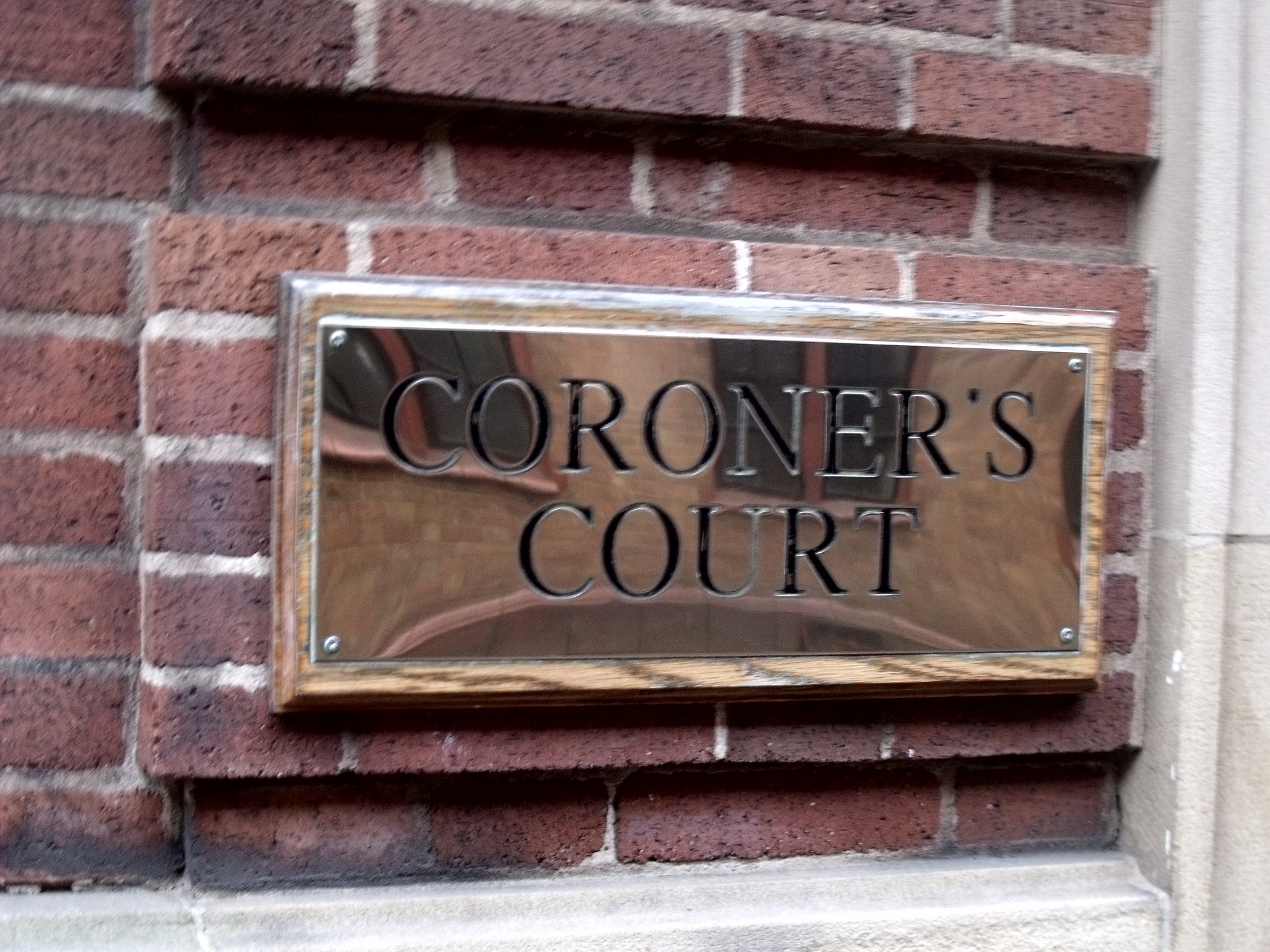NHS England and charities have raised concerns over the safety of patients in mental health units run by the private chain facility: the Priory.
Concerns have arisen as an investigation by The Times revealed that the Priory has been criticised for failing at least 30 patients who have died in its care since 2012. A failure to protect patients could constitute an infringement of the Right to life under Article 2 of the Human Rights Act.
The Priory, which is reported to earn over £400 million a year from public sector contracts, has been warned by NHS England that it will ‘take action’ if improvements aren’t made. The Priory currently has hospitals located in Hayes Grove, Roehampton, Glasgow, Altrincham and Woodbourne, which has been repeatedly criticised for the same failures of care over the past decade.
The investigation follows an inquest last month into the death of a young man at Woodbourne Hospital, Birmingham in September 2020. Mathew Caseby, who was a personal trainer, died after he was left unattended in a courtyard and escaped the hospital over a low fence.
The jury finds failures contributed to his death
Last month, a jury at Birmingham coroners’ court found failures in Caseby’s care. The jury decided that these failures were classed as neglect and that those failures had contributed to Caseby’s death. It’s reported that Mathew Caseby had only been in ‘protective care’ at Woodbourne Hospital for four days.
The jury concluded that the hospital risk assessment was “inadequate” and that Mr Caseby was “inappropriately unattended”. The Coroner called on the Department of Health to implement national guidelines for fences and security in the outdoor areas of mental health units. In the prevention of future deaths report, Coroner Louise Hunt said: “This would ensure the correct level of security for some of the most vulnerable patients whilst maintaining a therapeutic setting.”
'Matthew was having a psychotic episode. This should have been the start of his road to recovery after he was taken into protective care of the state to receive treatment. Instead, 4 days later he was dead.'
So why do they let these tragedies continue? https://t.co/e8TP41kjES
— Ian Birrell (@ianbirrell) May 1, 2022
Policies were ‘inconsistent’ with the NHS’s framework
Dr Oliver Lewis of Doughty Street Chambers, who represented Matthew’s father, Richard Caseby, highlighted that the Priory had “kept hidden” previous incidents in 2018 and 2019. In the incidents where patients had attempted to leave the hospital over the fence from the NHS commissioning Trust. He said that the Priory’s serious incident policy was “inconsistent” with the NHS’s framework.
The Times found that coroners drew a direct or probable link between patients’ deaths and failures by the Priory in 11 cases in the last ten years. In response to the article in The Times, a spokesperson for the Priory said that the company was “committed to constant improvement, ensuring action is taken, and are robustly regulated by independent regulators.”
“These inquests span a ten-year period and, in every case, incidents were investigated by us, reports were shared with families and the coroner, and improvements made where required.”
Jury in Matthew Caseby inquest finds neglect by Priory hospital contributed to his death. Coroner issues preventing future deaths report on 6 issues.@DrOliverLewis was instructed by @CraigCourt of @HardingEvans.https://t.co/UnNPkLcjFE
— DoughtyStPublic (@DoughtyStPublic) April 26, 2022
A failure to protect patients who are at risk of suicide could constitute an infringement of Article 2 of the Human Rights Act – the right to life. Under Article 2, if an authority undertakes the care of a person, such as in a psychiatric hospital, then it must take appropriate steps to ensure that the person is safe.
Dr Oliver Lewis stated: “Under Article 2, they [the hospital] have a preventative duty to take proactive steps and learn from what’s happened before”.
A balance has to be struck on an individual basis
Once a person has been sectioned under the Mental Health Act in England and Wales, they can be detained in hospital, stopped from leaving the ward and given treatment without their consent. But they have a right to challenge the decision and may be allowed to leave the hospital for a temporary period.
“Mental health services worldwide do have to strike a balance,” said Dr Lewis. “There are competing factors. If you reduce the risk of absconsion to zero, lives on the ward would be extremely restrictive and horrible.”
“A balance has to be struck on an individual basis but minimum basics need to be guaranteed to keep [patients in psychiatric hospitals] safe.”
Safe, caring environments are essential for recovery
Vicki Nash, Head of Policy, Campaigns and Public Affairs at Mind said: “When someone is in a mental health hospital they are likely to be at their most unwell and most vulnerable. They and their loved ones need to be able to trust that they will be kept safe and treated with dignity throughout the time they are in hospital.”
“Aside from protecting people’s basic rights, being treated in a warm, caring and respectful way can make a huge difference to a person’s recovery. Services need to do all they can to ensure they are providing safe and therapeutic care.”
She added: “It is unacceptable that some providers fail in some of the most fundamental requirements of providing care. Problems around quality and safety need to be addressed immediately, particularly if there are concerns that put lives at risk. And if taxpayer’s money is being spent on poor quality care, we need to ask questions if the money could be better spent elsewhere.”
Deaths at Priory units are “deeply concerning”
Deborah Coles, Director of INQUEST, said in a press release: “INQUEST is deeply concerned by the number of deaths occurring at Priory run mental health units nationally. Issues raised at this inquest around risk assessment, observations, and addressing known dangers are occurring time and time again. Yet no action is taken.”
Speaking about Mathew Caseby’s death, Coles on behalf of Inquest raises an important question: How many more people, families and friends of loved ones must be failed before improvements are made.
Coles stated: “Neglect contributing to the premature and preventable death of Matthew, a young man who had his life ahead of him, once again demonstrates the inability of these services to change. We repeat the question, how many more people must die before the NHS and government reconsider commissioning services from a company that puts profit over patient safety?”
Last month Inquest found that so far, there have been warnings issued by 21 Coroners in the UK, about the Priory’s care. Specifically regarding the care following a patient’s death.
ICYM: Priory hospital failings contributed to death of man killed by train @INQUEST_ORG reveals there has been 21 coroners warnings criticising Priory Group's care following patient deaths https://t.co/ZPzhUX2KRD
— Rebecca (@Rebeccasmt) April 22, 2022
We must keep people safe but it’s essential their voices are heard
Professor Peter Bartlett, Director of the Centre for Mental Health and Human Rights at the Institute of Mental Health, said that while it is necessary to look into safety following tragic cases where patients have died, it is also important to consider the human rights implications of calls for greater security in psychiatric wards.
“When you say, this shouldn’t have happened to these people, therefore [we must implement] closer confinement, closer compulsion, closer supervision, the difficulty is, if you do that for them, you do it for everybody who’s in that situation,” he said, adding that patients who are “unnecessarily detained” are often “invisible” in discussions.
At the time of the inquest a spokesperson for the Priory stated: “We would like to say how deeply sorry we are to Matthew’s family, and we apologise unreservedly for the shortcomings in care identified during both the investigation process and the inquest.
“We accept that the care provided at Woodbourne in this instance fell below the high standard patients and their families rightly expect from us, and we fully recognise that improvements are needed to the service.
“We have already implemented changes in relation to policies, procedures and the hospital environment, but we will now carefully study the coroner’s findings.”





